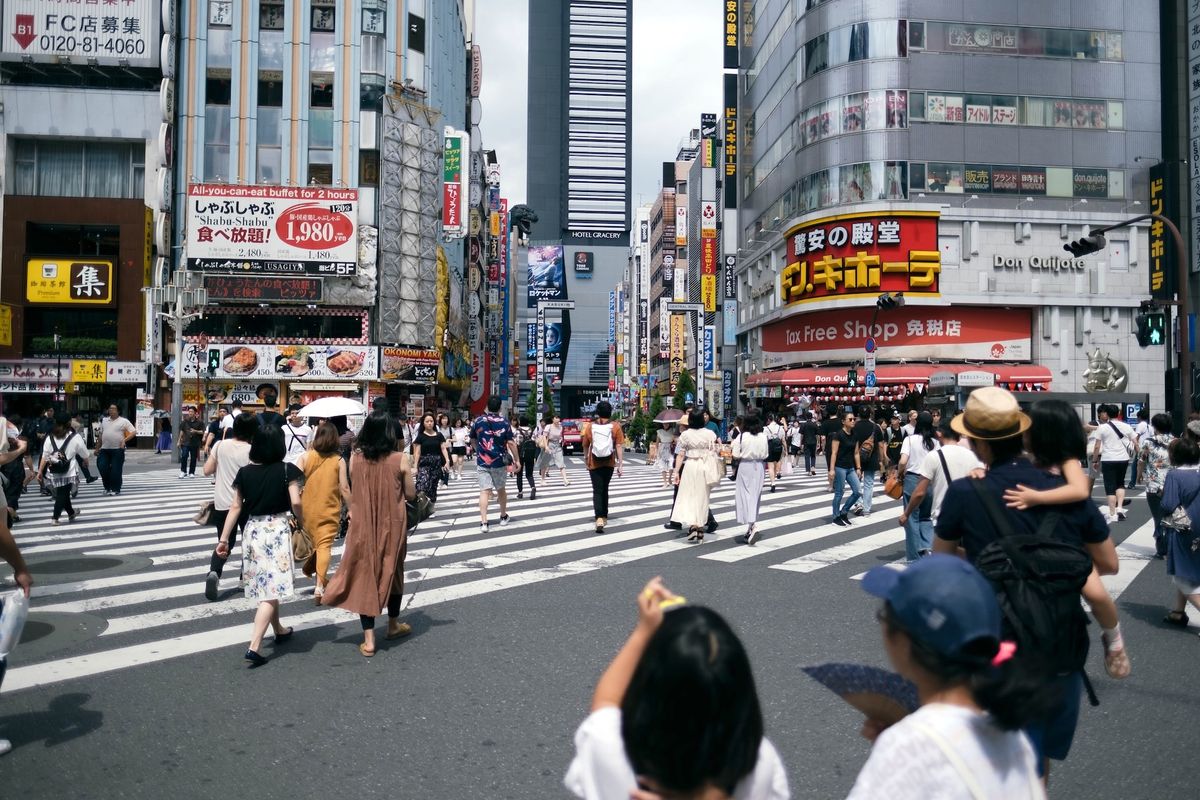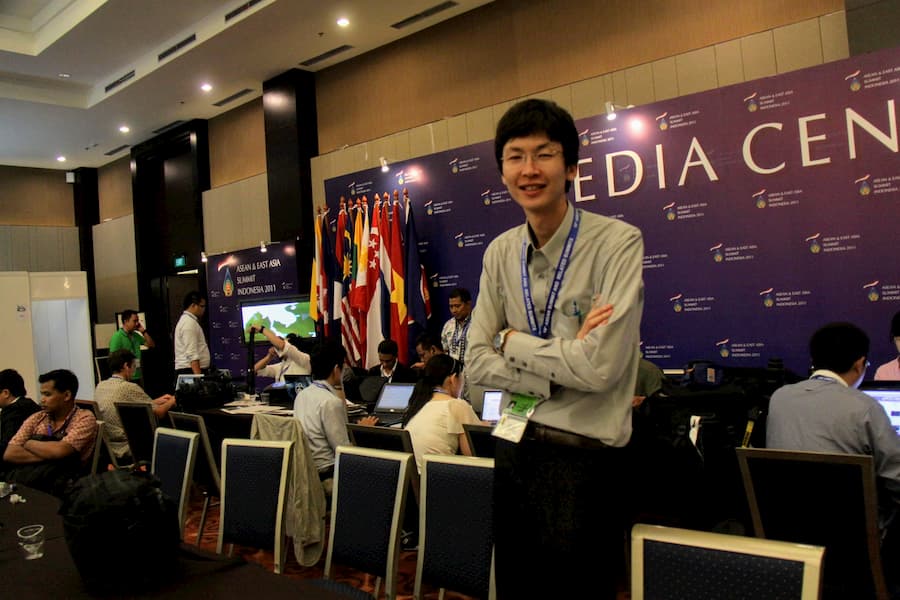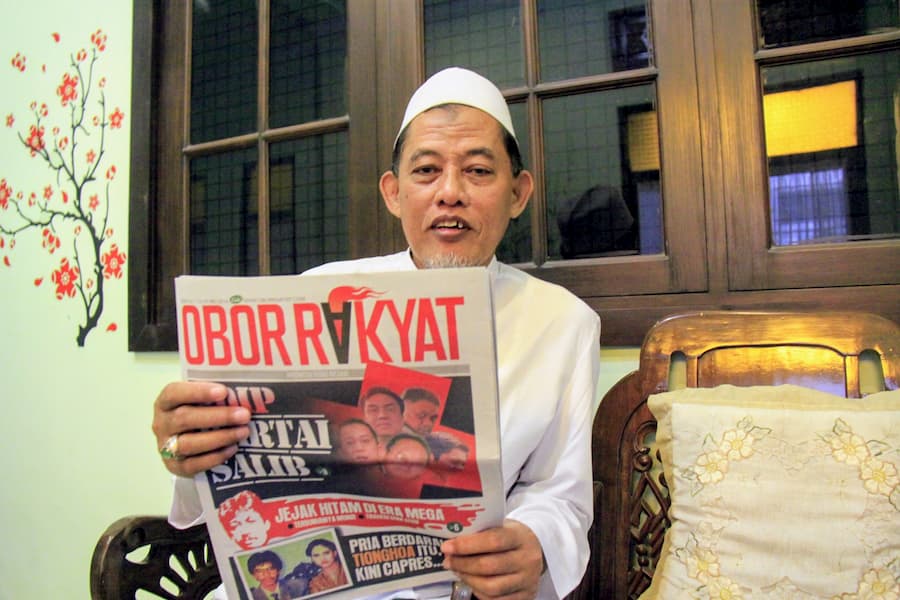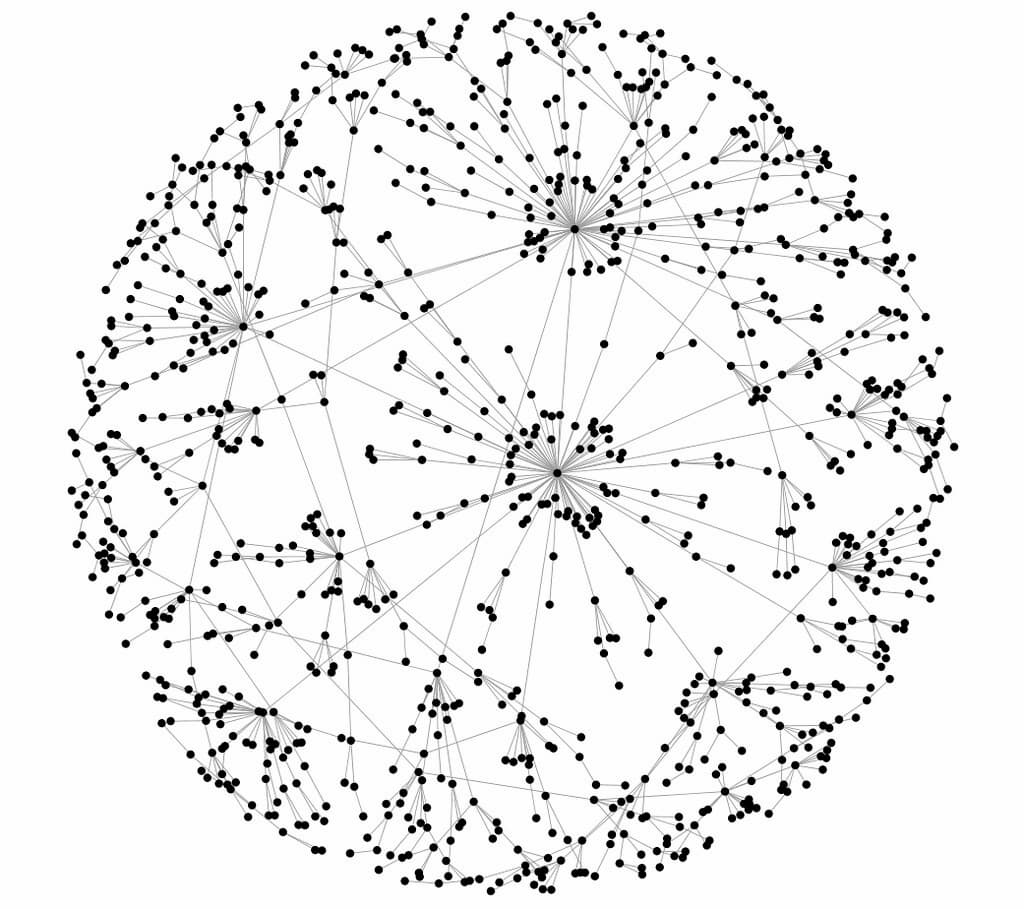Vision: Get humanity free from any constraints, Optimize their pursuit of happiness
The social media networks that swept the world in the 2010s have sometimes been weaponized, causing harm to our society. Overcoming such vulnerabilities in human society and creating new value is the goal of our company.

In 2010, I began working for a Japanese newspaper based in Indonesia as a journalist. I covered a broad range of topics including Indonesian politics, economics, business, as well as regional economic cooperation and diplomacy in Southeast Asia. For the last two years, I was assigned to cover politics, utilizing my knowledge of Indonesian language and the nation's political economy to report on the local situation, interviewing figures at the presidential office, politicians, political parties, and more. Being a foreign journalist fresh out of university, everything in the vast nation of Indonesia was new to me, which made everything I did incredibly exciting.

I worked in the country for five years, but in the last two years when I started covering politics, I faced something shocking: a massive wave of fake news.
During the intense electoral campaign for the Indonesian presidential election in 2014, fake news circulated on social media apps, messaging apps, SMS, emails, and even in face-to-face communication. The fake news also appeared in offline media. Several TV stations unofficially supporting certain candidates continued to report very dubious opinion polls, which spread on social media, creating an 'echo' of information that eventually became taken as fact. In the closely-knit villages of the country, political parties, special forces, and anti-social forces spread false rumors through their human networks, and a massive amount of tabloids and letters slandering the presidential candidates were distributed to 260 million people.

The problem was that the fake news was always racially or religiously discriminatory. This was extremely dangerous for an 'Imagined Communities' consisting of at least 300 ethnic groups and six religions. At the time, I was immersed in an Indonesian-speaking environment and had many Indonesian friends. I was able to experience almost the same situation as Indonesian voters. It was a nightmare.
What I understood was that when people become emotional about two different conclusions, like in a presidential election, it's very easy to influence their decision by spreading false information and stimulating their emotions. I think this conclusion has been further corroborated by the 2016 U.S. presidential election and the Brexit referendum, where fake news is believed to have influenced the results. In addition, there is no doubt that similar disinformation operations were carried out in Japan during the same period. In certain situations, a third party may be able to intervene in people's decision-making via mobile.
What kind of media consumption is desirable for people who have acquired mobile phones?
Modern media consumption began with mass media types such as television, radio, and newspapers. This type is a very effective way for authorities to distribute information to people. Mass media becomes a dangerous device when authority holds a wrong intention or suffers from a lack of ability to generate proper information. We know from human history that media has been used to drive people into wars and establish dictatorships.
After the advent of the commercial internet, a network type of media consumption emerged. People today can generate and distribute content on their own easily. The arrival of mobile further drove you towards the generation and consumption of media. This was revolutionary. However, there was a problem. This information delivery network is extremely vulnerable to malicious attackers who intend to circulate fake and hateful content, as evidenced by various incidents that have occurred worldwide, as mentioned earlier.
The diagram below is called a 'scale-free network'. It refers to a network structure where some nodes have a vast number of links, while most are connected only to very few nodes. If the nodes with a vast number of links are malicious or lack the power of information analysis, incorrect information circulates easily. A prevailing theory is that a large number of malicious nodes acting at the same time were the main factor in the mass circulation of fake news.

The solution is to make the nodes, which are important routes for the circulation of information, smarter. The idea is to build "smart nodes" in the network that select information and transform it into high-value essence. Smart nodes translate widely distributed information into the language of the community for the benefit of the people in the cluster (see Mission for details).
This is nothing new. If we unravel human history, books, newspapers, magazines, journals, bookstores, libraries... have all played this role. However, even after the birth of the commercial Internet and the revolution in information dissemination, a powerful means to effectively fulfill this role has not yet been built on the Internet.
If everyone had access to good information, and if it was guaranteed for the long term, society would evolve more. As the quality of information improves, people's decision-making will improve significantly.
Improving decision-making could serve as a call to improve the rewards of decision-making and the learning efficiency of decision-making and action, and could even accelerate the evolution of human society.
Based on these assumptions, when I founded a startup called Axion, I defined such a vision:
"Get humanity free from any constraints, Optimize their pursuit of happiness"
Axion Technologies K.K.
Takushi Yoshida.
